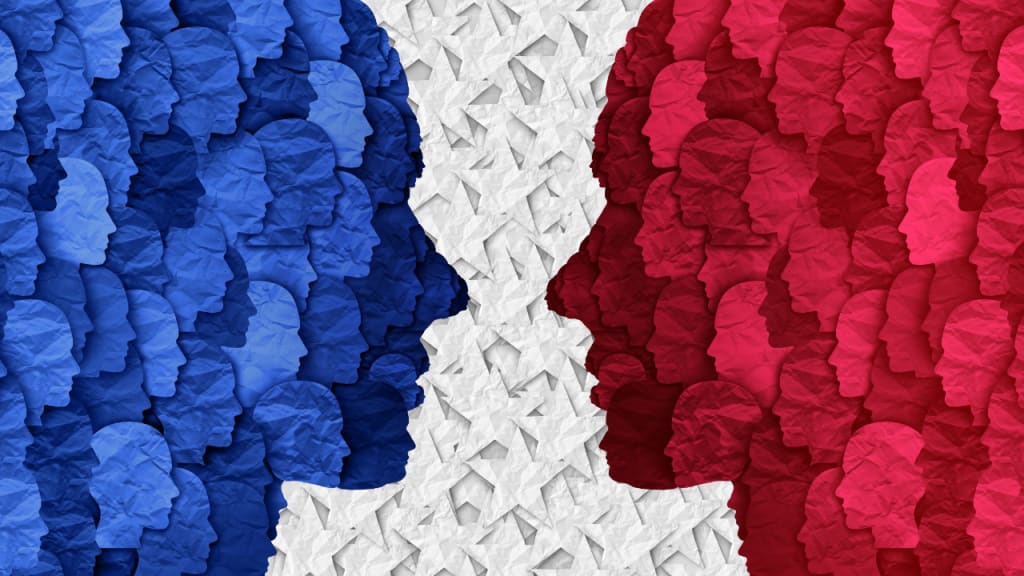The effects of social media on political polarization
A critical analysis of the role of social media in shaping political opinions and beliefs.

The rise of social media has had a profound impact on many aspects of our lives, including politics. With the widespread availability of social media platforms, individuals can easily access and share political information and opinions with others. While this increased connectivity may seem like a positive development, research has shown that social media may actually be contributing to increased political polarization.
One of the main ways that social media contributes to political polarization is by creating echo chambers. An echo chamber is a situation in which individuals are only exposed to information and opinions that confirm their existing beliefs. This can occur on social media when people follow and interact with others who share their political views. As a result, they are not exposed to a diversity of opinions and may become more extreme in their views over time.
Another way that social media contributes to political polarization is through the spread of misinformation. False information can spread quickly on social media, particularly when it aligns with people's existing beliefs. This can make it difficult for individuals to form accurate opinions about political issues and can lead to increased polarization.
Social media also allows for anonymous and impersonal communication, which can increase hostility and incivility in political discussions. People may feel more comfortable attacking others online than they would in person, leading to a breakdown in civil discourse. This can further exacerbate political polarization, as people become more entrenched in their views and less willing to engage in productive conversation with those who disagree with them.
In addition to these negative effects, social media can also have some positive impacts on political discourse. For example, social media can increase access to political information and make it easier for individuals to engage in political activism. Social media has also been used to organize political protests and raise awareness about important issues.
However, it is clear that the negative effects of social media on political polarization are significant. To mitigate these effects, it is important to be aware of the biases and echo chambers that can form on social media. Individuals should make an effort to seek out diverse opinions and engage in civil discourse with those who hold different views. It is also important to fact-check information before sharing it on social media and to avoid engaging in personal attacks or other forms of incivility.
Policy makers can also take steps to address the negative effects of social media on political polarization. For example, they can promote media literacy education in schools to help individuals develop critical thinking skills and become more discerning consumers of information. They can also regulate the spread of false information on social media platforms and promote more civil discourse by implementing guidelines for online behavior.
In conclusion, the impact of social media on political polarization is complex and multifaceted. While social media has the potential to increase access to political information and facilitate political activism, it can also contribute to the formation of echo chambers, the spread of misinformation, and incivility in political discussions. To mitigate these negative effects, individuals and policy makers must be aware of the biases and challenges posed by social media and take steps to promote civil discourse and media literacy, social media has undoubtedly had a significant impact on political polarization. It has provided a platform for individuals to express their opinions and connect with like-minded individuals, but at the same time, it has also contributed to the formation of filter bubbles and echo chambers, limiting exposure to opposing viewpoints. As social media continues to play a prominent role in political discourse, it is crucial to be aware of its effects and actively work towards bridging divides and promoting healthy dialogue. With increased awareness and efforts to combat polarization, social media can become a tool for fostering understanding and cooperation, rather than division and conflict.
About the Creator
Abdullah Javaid Khan
Im a Passionate Writer with a talent for crafting compelling stories and insightful commentary. With 2 Years Of experience in the writing industry,i have honed skills across a range of genres,from fiction to facts,journaslism to poetry.






Comments
There are no comments for this story
Be the first to respond and start the conversation.